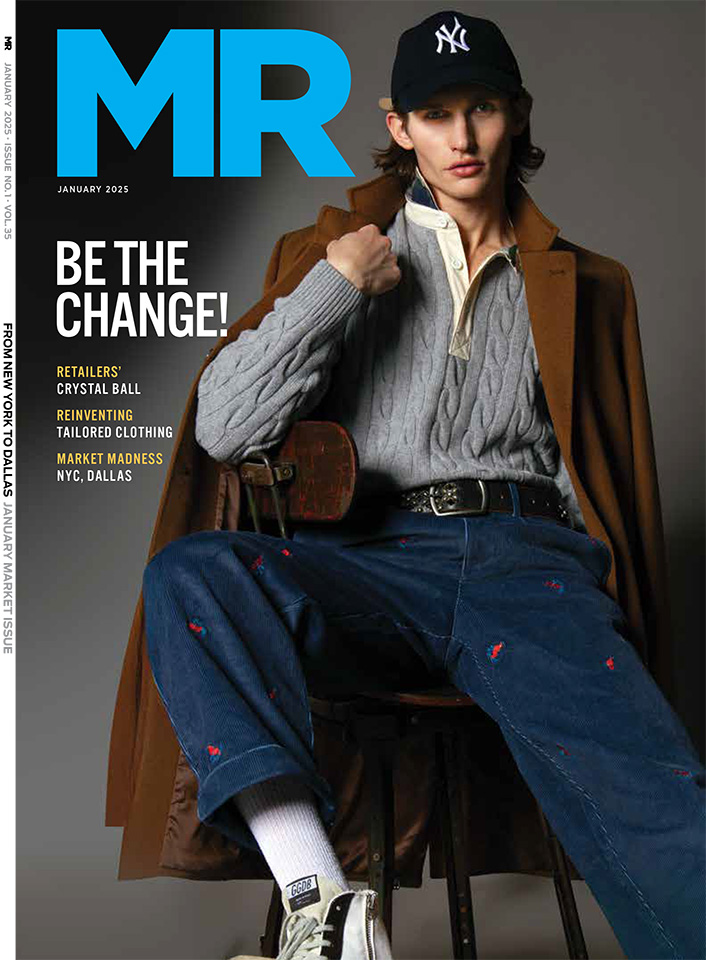Fashion’s #MeToo? A Casting Director On What’s Next For The Modeling Industry

In March of 2016, James Scully learned what it meant to go viral. On his own personal Instagram, he created a post condemning one of fashion’s rising stars, Demna Gvasalia, for a lack of diversity on his debut runway collection for Balenciaga. Soon enough, the likes rolled in, and New York Magazine wrote a story exploring the issue. Then, two fateful calls — one from Kering, the fashion conglomerate that owns (among other things) the luxury label Gucci; the other from LVMH, the fashion corporation that’s home to Christian Dior and Louis Vuitton. “They wanted to know what we could do to stop or curb this behavior, and hold a mirror up to the business to make people more aware,” James explains via phone. They had come to the right person — if anybody knows the business, it’s Mr. James Scully. A casting director with over 30 years’ industry experience, James counts Stella McCartney and Tom Ford among his closest clients, and has magazine experience at such publications as Harper’s Bazaar. And thanks to a single Instagram post where James stated a truth that others in the industry wouldn’t dare, his DMs became flooded with stories from models recalling and detailing experiences of abuse — verbal, sexual, and otherwise — at the hands of fashion’s most boldface names. For many models who were still climbing the ladder and, thus, too afraid to speak up for fear of retribution, James became a mouthpiece in boardrooms with the major fashion houses. Meanwhile, more voices were being raised. Model Cameron Russell’s Instagram campaign shared her own story, and the stories of other girls who spoke up about abuse. Edie Campbell penned an open letter in WWD, calling for magazines and brands to stop working with accused abusers. And Sara Ziff’s Model Alliance found renewed relevance and recognition among an industry that had, for too long, overlooked its purpose. Read more at Them.

